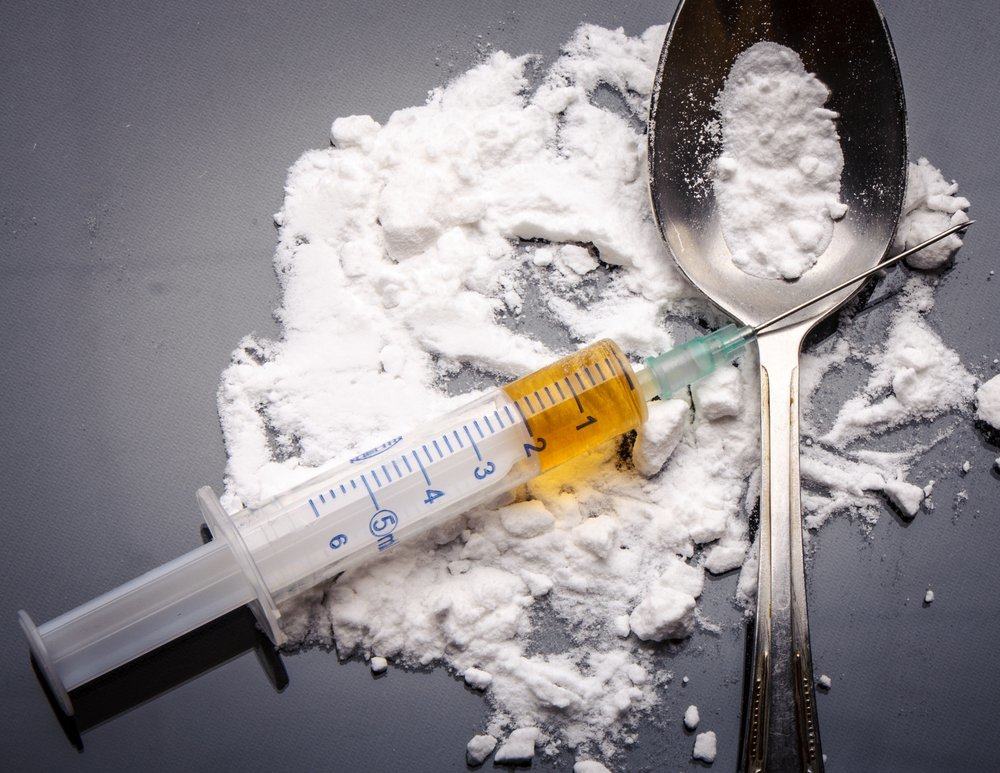Contents:
- Medical Video: ED | Can Diabetes Cause Erectile Dysfunction? | StreamingWell.com
- Diabetic men have twice the risk of developing impotence
- Impotence is associated with other diabetes complications
- What are the risk factors for impotence in men?
- How do you deal with this condition?
- When should I see a doctor?
Medical Video: ED | Can Diabetes Cause Erectile Dysfunction? | StreamingWell.com
Diabetes and impotence are two different conditions, but both tend to be interconnected. Even in many cases, various erectile-related problems (including difficulty reaching or maintaining an erection) are the initial clues that you may have diabetes, especially in men 45 years and under.
Diabetic men have twice the risk of developing impotence
According to the National Institute of Diabetes and Digestive and Kidney Diseases, diabetic men are two times more at risk of developing impotence than healthy ones. Why?
Diabetes causes blood sugar levels to become out of control. If allowed to continue without treatment, in the end this condition can damage the blood vessels and nerves around the penis. Plus, damage to blood vessels and nerves will also inhibit blood circulation throughout the body (including the penis).
Though to be able to erect and maintain it, the penis requires nerves that function normally and a fresh supply of fresh blood. This factor is the cause of impotence in diabetic men.
Impotence is associated with other diabetes complications
Impotence can also be related to high blood pressure and coronary heart disease which is also commonly experienced by diabetics as a complication.
Other causes that also play a role are psychological factors, such as stress or insecurity when having sex in men with diabetes.
Vice versa. Erectile disorders can cause psychological stress which results in a decrease in libido which then worsens erectile disorders.
What are the risk factors for impotence in men?
In addition to high blood sugar, in fact impotence in men can be triggered by many factors. Some of the factors that can trigger this condition include:
- Obesity aka obesity
- Poor diet, for example high sugar and fat
- Lazy motion, including lazy exercise and physical activity
- Smoke
- Drink alcohol excessively
- Uncontrolled blood pressure
- Certain drug drinks related to erectile disorders
How do you deal with this condition?
There are lifestyle changes that not only help you overcome diabetes, but also to reduce the risk of erectile dysfunction. These lifestyle changes include:
- Maintain food intake. Eating healthy foods rich in fiber and other nutrients will help you to control blood sugar levels and prevent damage to blood vessels and nerves. Not only that, adopting a healthier diet can also increase energy and mood, both of which affect how your body reaches or maintains an erection during intercourse.
- Reduce drinking alcohol.Drinking more than two glasses of alcohol per day can damage blood vessels and worsen your erectile problems. Even the condition of getting drunk can also make it difficult to achieve an erection and interfere with your sexual function thoroughly.
- Quit smoking. Smoking can narrow blood vessels and reduce nitric oxide levels. Both can reduce blood flow to the penis and worsen the erectile disorders that you experience.
- Increase physical activity.Actively moving, whether it's exercising regularly or doing various other physical activities that you like can help control blood sugar.
- Enough of your sleep time. Fatigue is often related to sexual problems. Making sure you get enough sleep every night will help reduce the risk of erectile dysfunction.
- Avoid stress. Stress interferes with sexual arousal and your ability to get an erection. Sports, meditation, or just doing a hobby that you like can help you avoid stress. In the end these conditions can reduce your risk of experiencing erectile dysfunction.
When should I see a doctor?
Some men may feel embarrassed to convey sexual problems they experience in other people, including doctors. However, allowing this to happen can actually worsen your condition. Therefore, if you have a history of diabetes and also have an erectile disorder, don't hesitate to consult a doctor.
The doctor may conduct a series of examinations, starting from asking for a medical history and the symptoms you feel. In addition, the doctor will also do a physical examination and examination using the help of certain tools to find the cause and establish a diagnosis that fits your condition.
If needed, your doctor can prescribe medication and refer you to a professional who specializes in sexual problems. There are several treatment options for erectile dysfunction so you can get a normal sex life. Please consult a doctor for more information.












